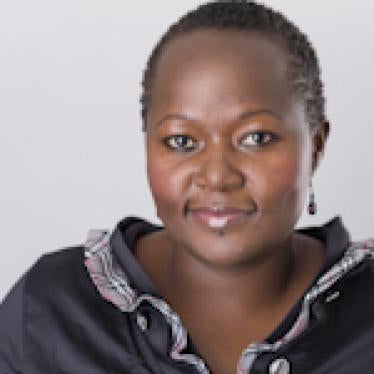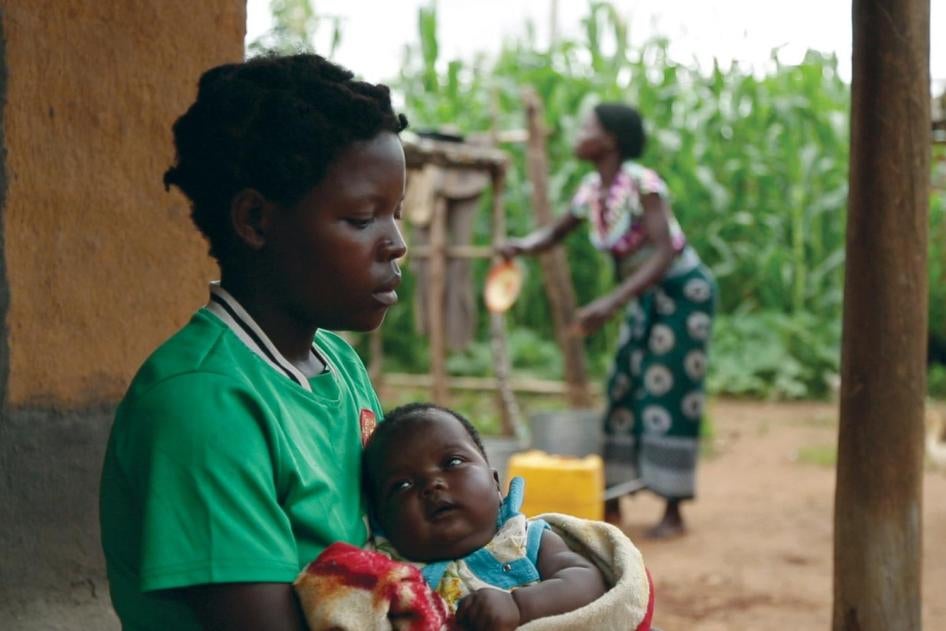“I feel very sad when I see small girls getting married. They don’t know the hard life that awaits them,” said Danira, who was married at age 14. “I wish I had gone to school. Life could be better for me because I could get a job.”
Today, the African Union (AU) is meeting in Lusaka, Zambia to talk about girls like Danira. Country representatives will discuss child marriage and efforts to eradicate it. They will also hear success stories from countries that are making progress in reducing the numbers of married girls, and ways to accelerate change to end child marriage in the region. This meeting, called the African Girls Summit, is the next step in the AU’s continent-wide campaign to end child marriage, launched in May 2014.
Danira, now in her late 20s and a mother of three, is from a rural village in Mwanza district, Malawi. She married a 30-year-old man to escape poverty at home and explained that she thought marriage would mean the start of a life of love, fulfillment, and security. Instead, her husband and in-laws beat and verbally abused her and she often went without food. She stopped going to school and missed out on her childhood.
During my research on child marriage in Tanzania, Malawi, and South Sudan, I spoke to many women married as girls, like Danira. In sub-Saharan Africa, a shocking 40 percent of girls marry before age 18. African countries account for 15 of the 20 countries around the globe most affected by child marriage.
While it is good news that Africa is moving in the right direction in the fight against child marriage, taking advantage of the unprecedented global attention to this issue, there is no magic bullet. To accelerate change, African governments should implement coordinated and comprehensive strategies that include measures to empower girls, engage communities, and reform and enforce laws that prohibit marriage of girls and boys below age 18 and related abuses. Countries need to pay attention to getting girls into schools and keeping them there, and ensure that women and girls have access to comprehensive reproductive health care.
Real change is possible for girls, but it will require political commitment from leaders and sustained attention from governments and donors. For their sake, this summit should be the start of that process.










